Desmond de Silva was born in the colony of Ceylon in the early months of the second world war, the only son of a barrister. After the Japanese entered the war in 1941, Ceylon was in the front line and it faced an onslaught. Winston Churchill appointed Lord Mountbatten as Supreme Allied Commander South East Asia, based at Peradeniya, just outside Kandy. De Silva’s grandfather George E. de Silva was a member of the Ceylon war council, and Mountbatten, for Desmond, was ‘Uncle Dickie’. Four decades later, he was to marry Mountbatten’s great niece, Princess Katarina of Yugoslavia. De Silva’s life, as seen through these episodic memoirs, has a Boy’s Own quality.
These memoirs deal with an often forgotten fact: that by April 1942, because imperial Japanese forces had overrun the rubber-producing countries of Southeast Asia, Ceylon was the only reliable source of rubber for the Allies. If Ceylon had fallen to the Japanese, the impact on the Allied invasion of Europe would have been enormous. Artificial rubber was in its infancy and needed oil to manufacture in any case.
De Silva’s was a colonial boyhood with visits to the family rubber and tea estates in the highlands of Ceylon, swimming in the clear waters of rock pools formed by estate waterfalls, with shooting parties and visits from celebrities such as Laurence Olivier, Vivien Leigh, Gregory Peck, William Holden and other great screen stars who came to Ceylon to act in films.
The young de Silva was sent to Dulwich College prep school in 1951, returning later to Ceylon and entering Trinity College, Kandy. He was called to the Bar at the Middle Temple in 1964, and entered the famous chambers of the Rt Hon Sir Dingle Foot, QC. With over 50 years’ practice in the courts of England and the Commonwealth, de Silva has carved out a unique reputation as a defence counsel, earning him the sobriquet ‘the Scarlet Pimpernel’.
But his greatest legal achievement was perhaps the role he played in 2002 in the prosecution of Liberia’s Charles Taylor — the first head of state to be convicted of war crimes since Grand Admiral Doenitz at Nuremberg. Having secured Taylor’s arrest and transfer to Freetown, Sierra Leone, de Silva, for reasons of regional security, then had Taylor transferred to the Hague for trial. Once that was accomplished, in 2006 de Silva retired as chief prosecutor, leaving his successor to conduct the trial and bring out the evidence of ‘blood diamonds’ and Taylor’s involvement in a savage, decade-long civil war to secure Sierra Leone’s mineral wealth. It was a trial in which the supermodel Naomi Campbell and actress Mia Farrow gave evidence; yet it could not have been more serious. These memoirs include excerpts from de Silva’s diaries, one of which reveals the steps taken to prevent an invasion of Sierra Leone by Taylor’s forces after the special court for Sierra Leone was set up.
De Silva’s adventurous life has involved being shot at, imprisoned, and there’s even an attempted poisoning for good measure. The other side of the coin is that he saved a future Commonwealth head of government from execution; became the Queen’s Counsel of choice for footballers, jockeys and other sporting celebrities facing serious criminal trials; inherited the magical island of Taprobane off the south coast of Sri Lanka; married a royal princess; was knighted by the Queen under a Labour government and appointed a privy councillor under a Conservative one.
Madam, Where Are Your Mangoes? is a fascinating biography of a fascinating man; a revealing portrait of Britain’s postwar social, political and cultural landscapes; and an affirmation of the importance of the rule of law.
And what of the title? De Silva, aged 28 and junior to the bon vivant Noel Gratiaen, QC, once unwittingly took rooms in a brothel when in Freetown on a capital case. Having spent some time at the bar drinking brandy among scantily dressed ladies of the night, he and his leader headed to their rooms across the courtyard. One of the ladies approached the portly QC and asked if he would like some mangoes. A few minutes later de Silva, disturbed by sounds in the corridor outside, opened his bedroom door to see Gratiaen towering over a topless prostitute, wailing: ‘But madam, where are your mangoes?’
For all those even vaguely interested in the British empire and colonies in the years after 1939 this sometimes hilarious, sometimes disturbing, always buoyant autobiography is compulsory reading.
Got something to add? Join the discussion and comment below.
Get 10 issues for just $10
Subscribe to The Spectator Australia today for the next 10 magazine issues, plus full online access, for just $10.
You might disagree with half of it, but you’ll enjoy reading all of it. Try your first month for free, then just $2 a week for the remainder of your first year.

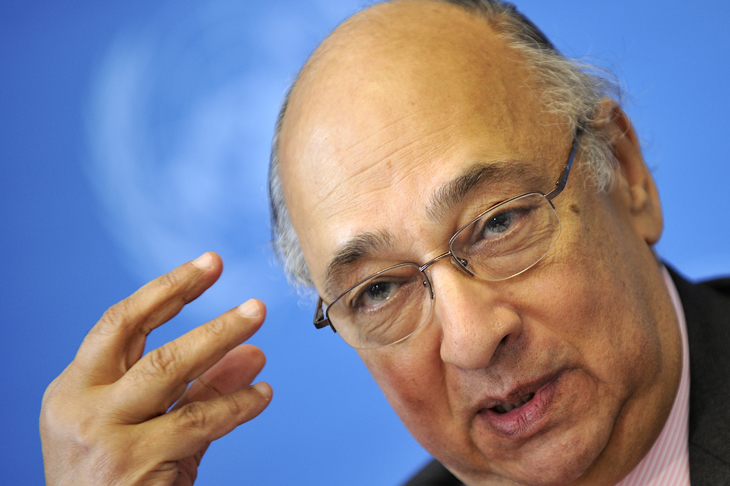

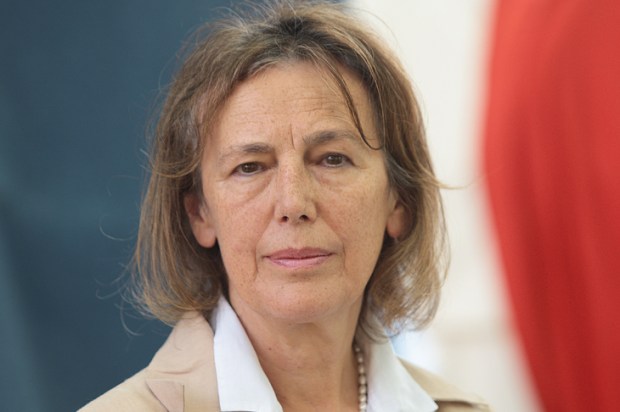
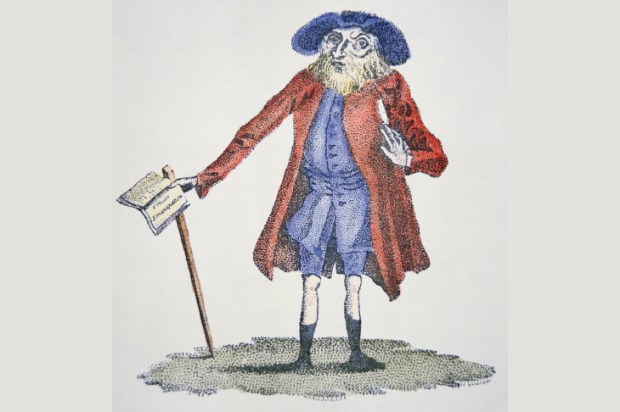

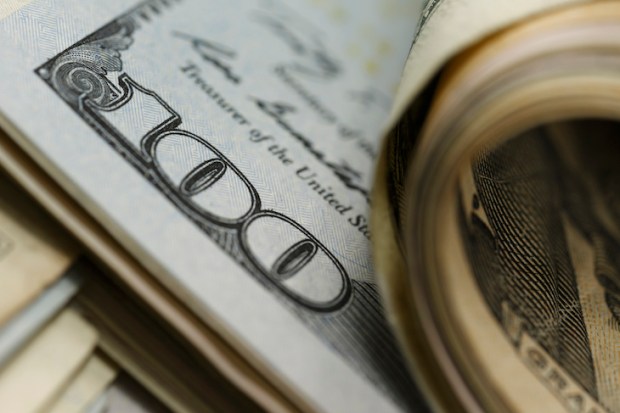
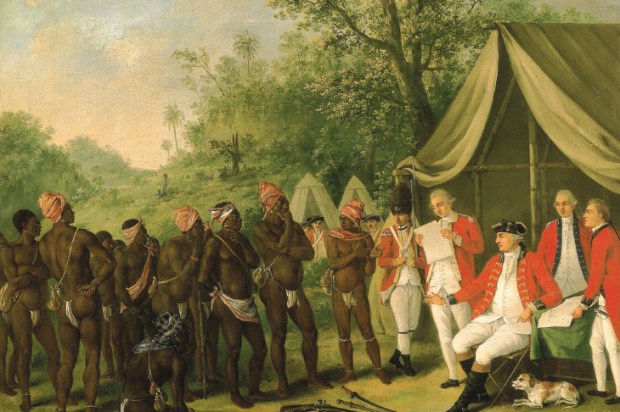






Comments
Don't miss out
Join the conversation with other Spectator Australia readers. Subscribe to leave a comment.
SUBSCRIBEAlready a subscriber? Log in